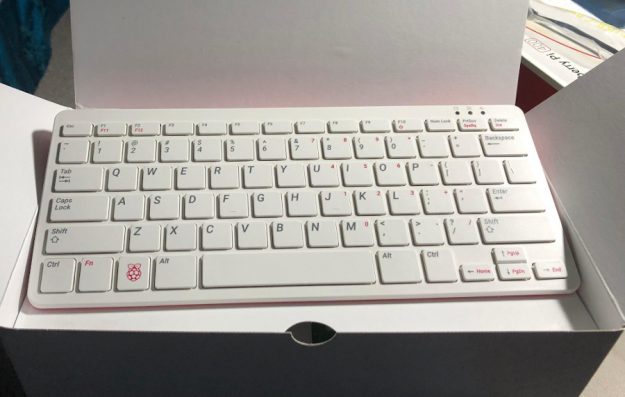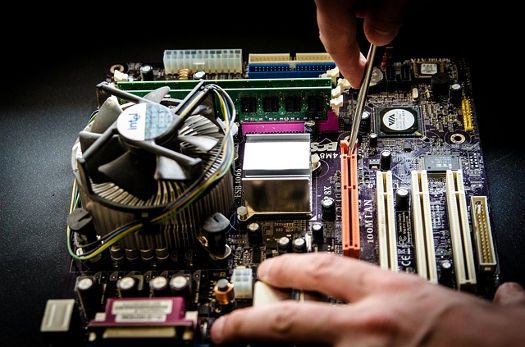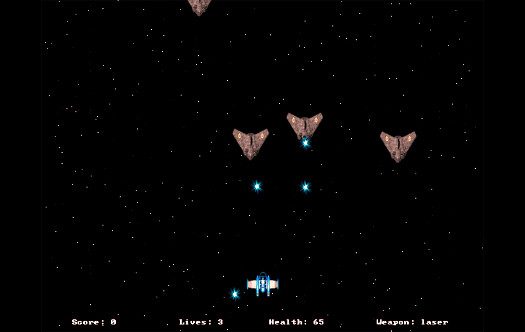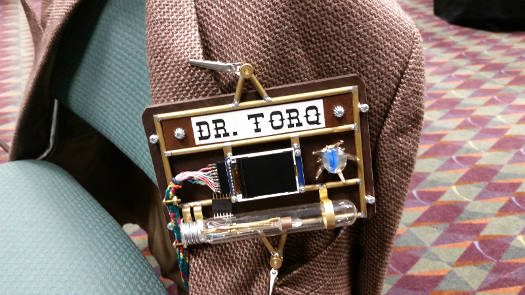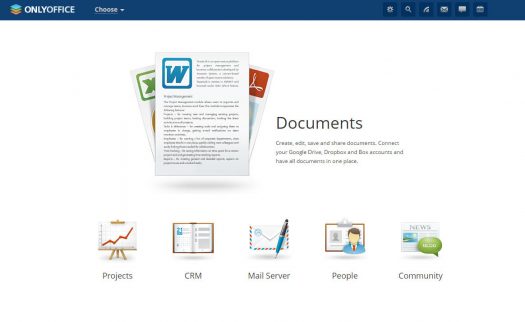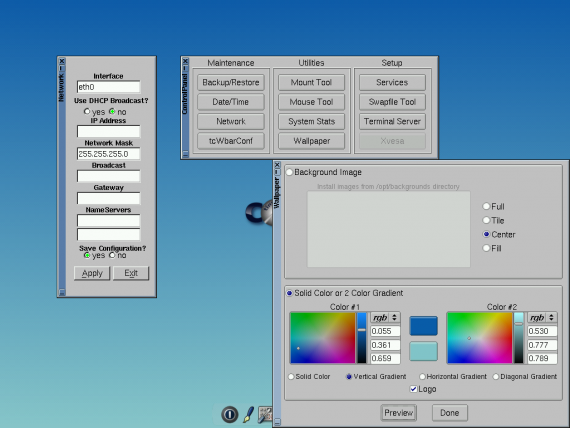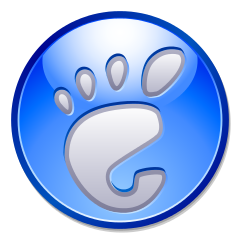The latest and greatest Raspberry Pi 400 no longer looks like a hacker board for the DIY crowd, but like a full-fledged desktop. We take it through it's paces to see if it lives up to its promise.
Posts published by “FOSS Force Guest Writer”
The founder of the privacy respecting version of Android, /e/, says the time is right for phone makers to adopt an operating system that isn't dependent on a single company.
An act of Congress that was supposed to level the playing field for performers and songwriters seems to do little to upset the status quo. As The Who once said, "Meet the new boss, same as the old boss."
Tatiana Kochedykova If you’re looking for a free and open source replacement for the convenience and functionality offered by the likes of Google Docs and…
Robin ‘Roblimo’ Miller
Our guest writer offers his views on why you should support FOSS Force with your contribution to our Indiegogo fundraising campaign.
We are blessed with a good number of online news outlets that cover free and open source software. Why, then, should we care about FOSS Force?
For one thing, the more the merrier. The more eyes that are trained upon the development of “the people’s software,” the more its fame will spread, which means not only more users but more developers. And that means more — and more useful — free and open source software, which is good for all of us.

